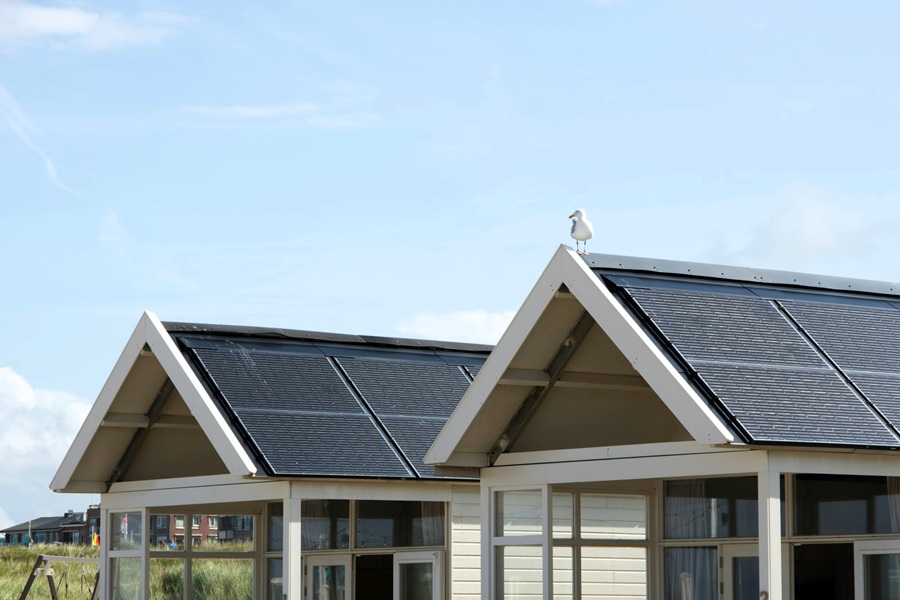The financial benefits of investing in clean energy
Switching to clean energy sources delivers homeowners both environmental and financial benefits
PEOPLE AND BUSINESSES may significantly lower their energy use and support a more sustainable future by choosing renewable energy. Using solar panels and wind turbines to create your own electricity lessens your reliance on traditional energy sources and their variable costs. Along with government subsidies and declining renewable technology costs, this action fulfils the increasing demand for energy-efficient solutions and simplifies financial viability. Homes with long-term investment returns and renewable energy sources have value that supports their case.
Cost savings on energy bills
Switching to clean energy sources like solar panels or wind turbines makes people less dependent on traditional energy providers. Thanks to technology and government benefits, it saves them money in the long run. Find a clean energy source nearby to see how these benefits can help you. Investing in renewable energy lowers monthly costs, raises property worth, and ensures long-term financial stability. Get in touch if you want to be more independent with your energy use and protect the environment.

Government incentives and tax benefits
Projects involving renewable energy appeal more financially because they offer various advantages. Government tax credits, rebates, and subsidies can lower early installation costs and raise acceptance of renewable technologies. These financial benefits increase ROI and the availability of sustainable energy projects.
Furthermore, consumers and companies should expect continuous help confirming the financial feasibility of switching to better energy sources, even if regulations favour sustainability.
Increased property value
Since their market worth usually increases, potential buyers find homes with solar energy systems more attractive. Many consumers give energy-efficient features top importance as knowledge of environmental problems rises; this drives a premium on homes using solar panels or other clean technologies. This trend exposes not just a change in consumer preferences but also a long-term investment since homes with sustainable energy sources typically sell faster and for more money. Thus, when it comes time for sale, investing in sustainable energy can yield appreciable financial benefits, improving the house’s market value and attractiveness.
Long-term return on investment
Usually recovered by consistent energy bill savings and possible income from extra energy returned to the grid, investing in renewable energy usually pays off handsomely over extended periods. These investments become more appealing as the declining cost of renewable technologies over time raises profitability even more. Furthermore, the stability provided by renewable energy sources becomes ever more important as rules tighten and the cost of fossil fuels varies. Together, low risk, probable revenue generating, and financial savings serve to provide a strong case for long-term clean energy solutions investment.

Conclusion
Besides providing an opportunity for major energy bill savings, switching to renewable energy boosts house value and offers pleasing long-term returns on investment. People and companies are driven to renewable technology, including solar panels and wind turbines, as more and more government incentives help make the initial outlay manageable. Properties using these energy-efficient technologies are becoming increasingly popular in the real estate market as customer attitudes towards sustainability change. Ultimately, the financial advantages and the favourable environmental impact highlight the strong case for wise and responsible future decision-making grounded on sustainable energy solutions.

